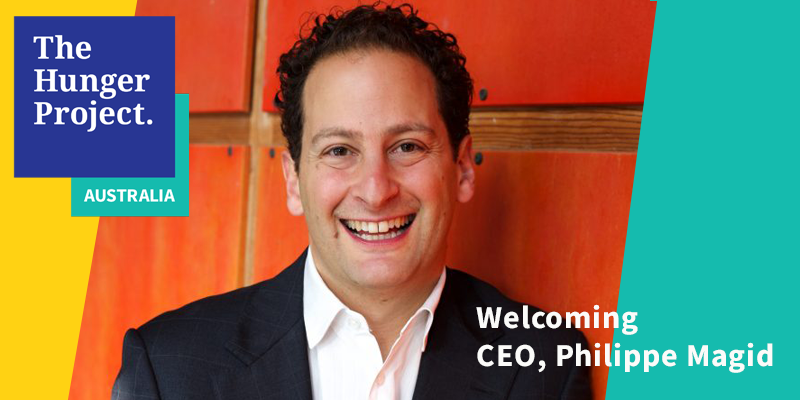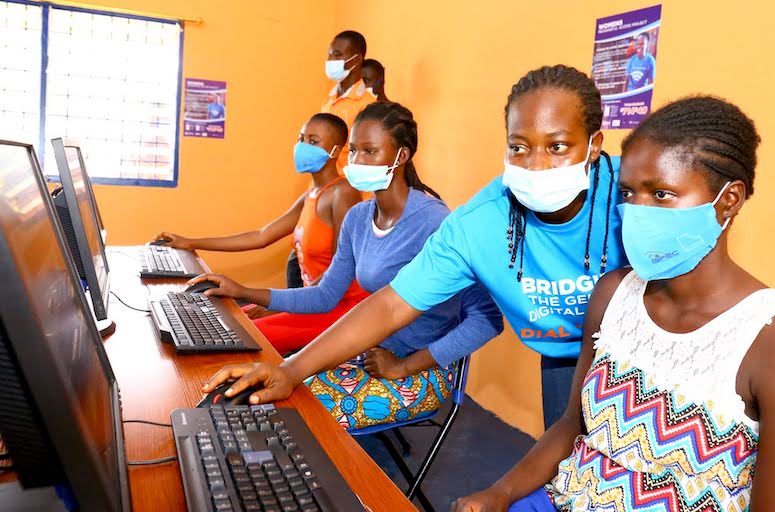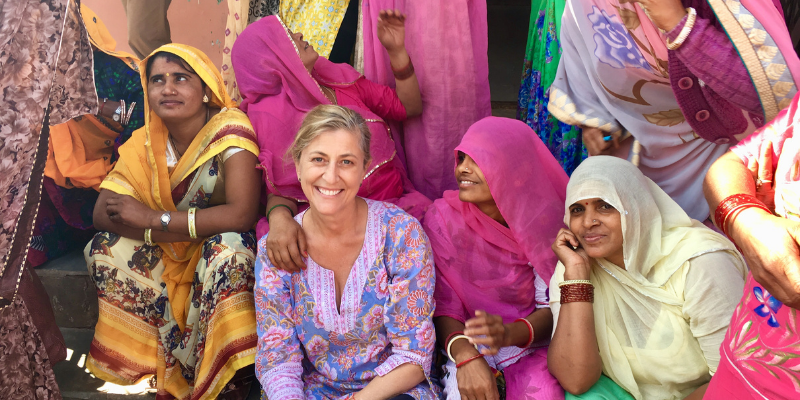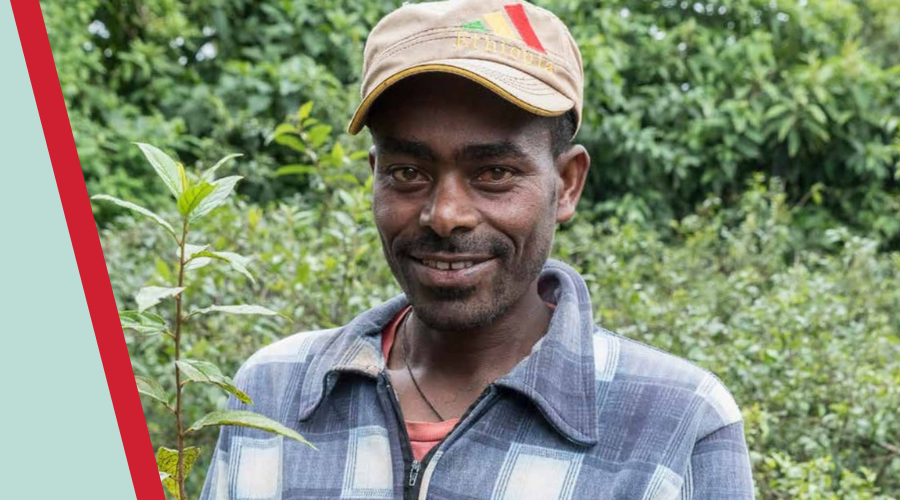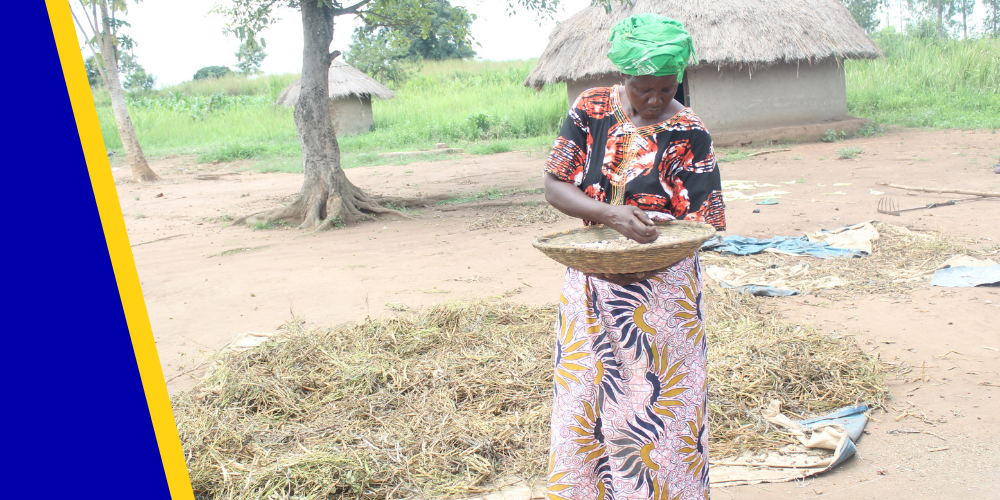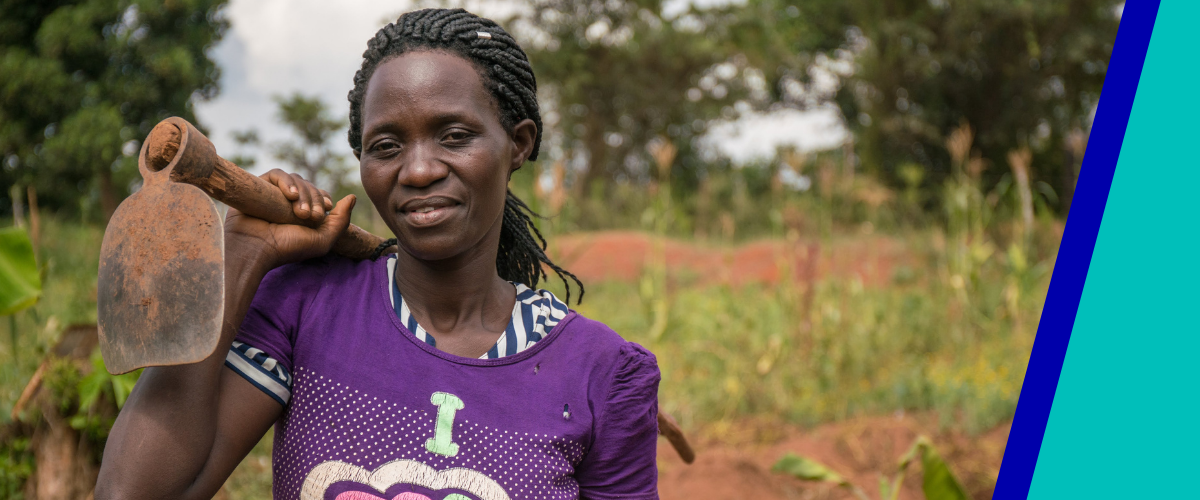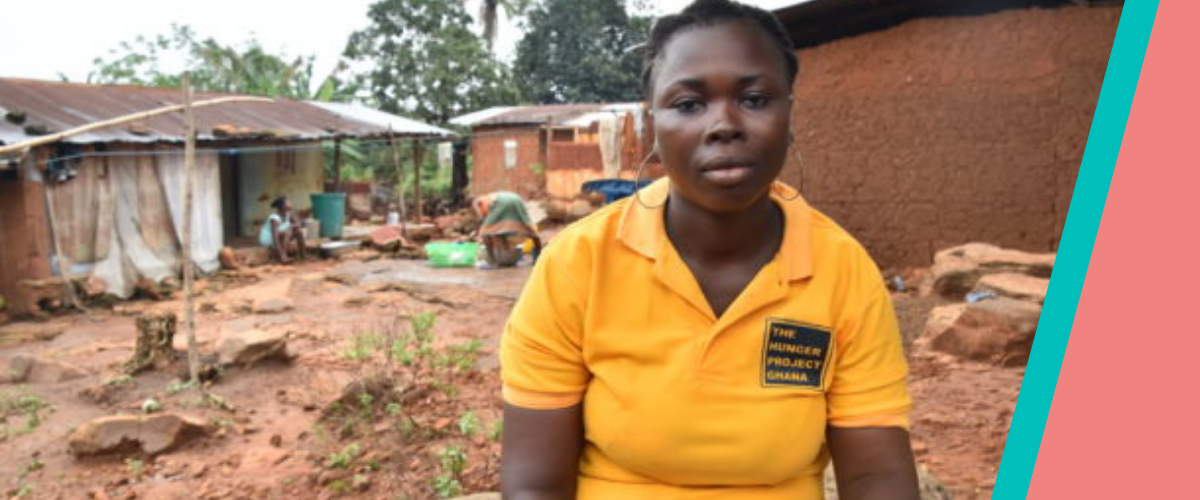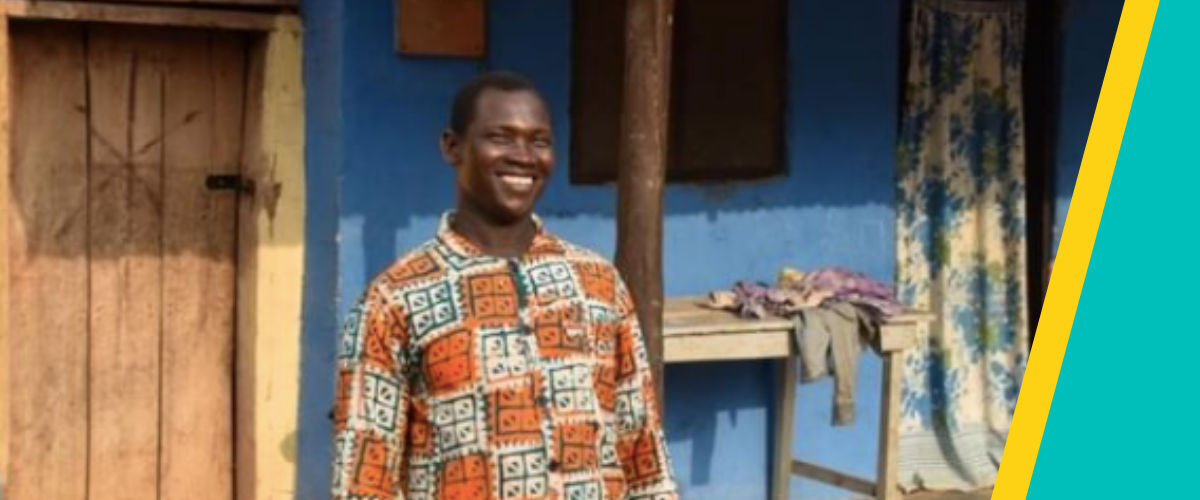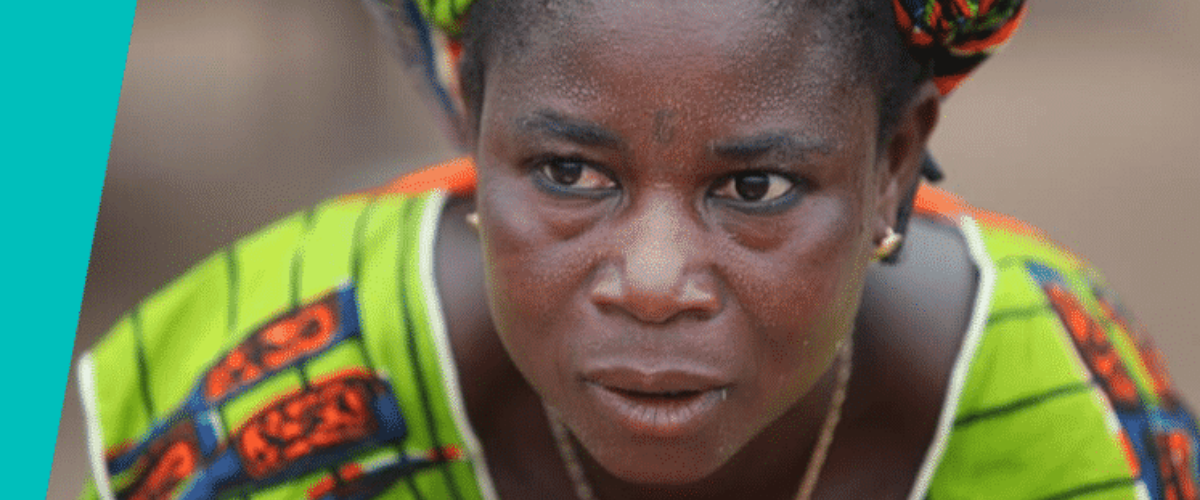We’re pleased to share this letter from Diane Grady, Chair of The Hunger Project Australia’s Board announcing the appointment of Philippe Magid as the new CEO of The Hunger Project Australia.
The Board of The Hunger Project Australia is delighted to announce the appointment of Philippe Magid as our new CEO effective May 23, 2022. Philippe will take over from Melanie Noden who, after leading us so capably for nearly seven years, has been appointed CEO of Australian Philanthropic Services.
Philippe was appointed after a thorough search process that resulted in several outstanding candidates being carefully considered. We chose Philippe because of his proven track record as a CEO, his skills in fundraising and marketing, and his ability to inspire staff and investors to engage deeply with our purpose—to end hunger and poverty – you can read a brief version of Philippe’s CV here.
As the former Executive Director of Bangarra Dance Theatre, Philippe’s natural empathy enabled authentic connection with Aboriginal & Torres Strait Islander peoples, communities and leaders. In that role, he initiated immersion programs for investors in first nation communities which resulted in significant giving. In the same manner, we believe Philippe will build meaningful relationships with both our investors and with people in our women-centred programs in Africa, India and Bangladesh.
Philippe also has experience working in an international organisation as the Global Director, Arts and Culture Experiences for Airbnb which will assist him in understanding and working with the global Hunger Project team based in New York. His time as CEO of Reach Foundation—a youth-oriented NFP– will also enable him to contribute to one of The Hunger Project’s new global initiatives aimed at empowering young people.
As a fundraiser, Philippe has excelled at understanding what motivates individual investors and as a result, he is able to develop genuine connections with them. He has also been successful in securing government grants for the organisations he’s led.
Philippe is recognised as a team builder eager to get to know each member of staff and agree on appropriate goals and development opportunities with them. He is committed to operational excellence and driving performance based on facts.
In summary, we believe Philippe is the right person to guide THPA on our path to realizing our aspiration to significantly lift our fundraising to reach AU$50 million and thereby assist millions of people to achieve a life without hunger.
When asked why he chose to join The Hunger Project team Philippe said:
“I am thrilled to be leading The Hunger Project in Australia and to build on the powerful impact The Hunger Project is having, and to collaborate with you all in order to significantly broaden and deepen our impact over the coming years. Right now, The Hunger Project’s work and your support is needed more than ever. It is such a critically important time for the communities we support and work closely with.”
We look forward to you meeting Philippe in person before too long. In the meantime, if you haven’t done so already, please consider investing in our End of Financial Year campaign. Your contribution would provide both a meaningful farewell to Melanie and welcome to Philippe.
All the best and thank you for your ongoing support,


